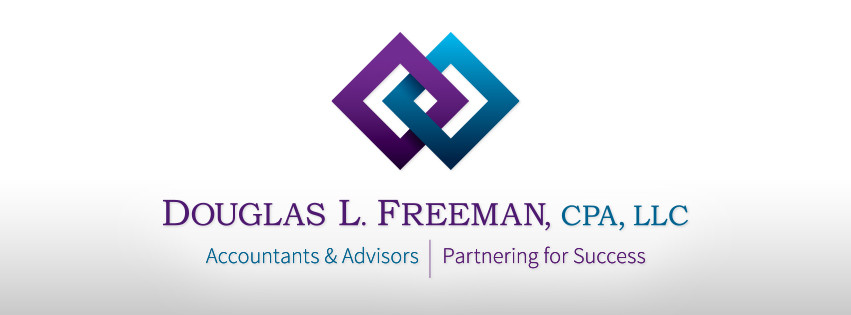
Douglas L. Freeman, CPA, LLC
Reviews Summary
About This Listing
Who Can Work with a CPA?
*Note: CPAs may specialize in different areas. Be sure to check credentials and service offerings.*
First-Time Clients
If this is your first time working with a CPA, don’t worry — most professionals offer a free consultation and will walk you through what to expect. You may be asked to complete an intake form, share financial documents, or set clear goals for your session.
What to Know Upfront:
*Note: Every CPA operates a bit differently. Don’t hesitate to ask questions before committing.*
What to Bring
*Tip: Organize your documents in advance to save time and ensure accuracy.*
Preparing for Your Appointment
*Note: Preparation helps you make the most of your CPA’s expertise.*
How to Get Started
Other Helpful Info
*Note: Every CPA is different — take time to find one who fits your goals and style.*
Features
Contact Information
Address
12701 Metcalf Ave Suite 202
Overland Park, Kansas 66213
Phone
+1 913-239-9520Hours
Customer Reviews
As a small business owner, my #1 focus has to be meeting my client needs - and by extension - that requires finding high integrity experts in areas I am unfamiliar with so I can stick to my core business. Doug, Kelly and the entire team have been phenomenal in terms both customer service (e.g., keeping me apprised of filing dates, form requirements) as well as cost/value. Their fees are very competitive for the services they provide and have more than paid for themselves in terms of the savings they hav
As a business owner, I highly value the knowledge and strategic thinking Doug provides His team has been incredibly responsive to all my needs and requests. I HIGHLY recommend!
I can't say enough great things about this firm. 1. Let's just say the Integrity they use in helping me understand and live by the laws of this country. 2. They have saved me thousands of tax dollars and consulting fees over the years. 3. They treat their clients like they are one of the family. Working with this firm gives me one less reason to stay awake at night. They stand by their work and I can trust they handle everything with the utmost integrity.
I don?t always do this, but I proactively reached out to Doug to see if I could provide a client testimonial. No one wrote this for me. I truly felt compelled to share my positive experience with others. I?ve owned several different companies in my career, and I?ve utilized national accounting firms as well as solo CPAs. For me, the level of service was marginal at best. That was until I was fortunate enough to find Doug and his amazing team at Doug Freeman CPA. They are experts at what they do, and their a
I don't usually leave negative reviews, but I would highly recommend staying away from this accounting firm. I paid 10X more than I've ever paid for an accountant before and received very poor service. Now, my new accountant has to amend what I overpaid for.
It's always a pleasure to see Doug, Kelly, Debbie and the rest of their staff. Camille always has a smile when I walk in the door and everyone is helpful and fun to chat with despite the non-fun subject of taxes!